Description
MRL3701 ASSIGNMENT 1 SEMESTER 1 – 2024 (686262)
DUE DATE: 14 MARCH 2024
Question 1: (5 marks)
Indicate whether the following statements are TRUE (T) or FALSE (F) and provide a reason or explanation for your answer.
a. An act of insolvency committed by a spouse married in community of property operates as an act of insolvency by the guilty spouse.
b. During the period of insolvency, an insolvent is not allowed to acquire a new estate.
c. The insolvent may recover for his own benefit any pension to which he may be entitled as this forms part of property that does not fall into the insolvent estate.
d. An insolvent who brings an action in the Magistrate’s Court is obliged by Rule 62(1)(b) of the Magistrate’s Court Rules to give security for the costs of the action if the defendant requests it.
e. A debtor who has no assets and only liabilities can surrender his estate.
Question 2: (5 marks)
The Pretoria High Court has given a judgment of R30 000 against Peter in favour of Jack. Upon the demand of the officer whose duty it is to execute the judgment, Peter fails to satisfy it and also fails to indicate to the officer, disposable property sufficient to satisfy the judgment. The return made by the officer states that he has not found sufficient disposable property to satisfy the judgment. Explain to Jack what the implications of the aforementioned facts may be.


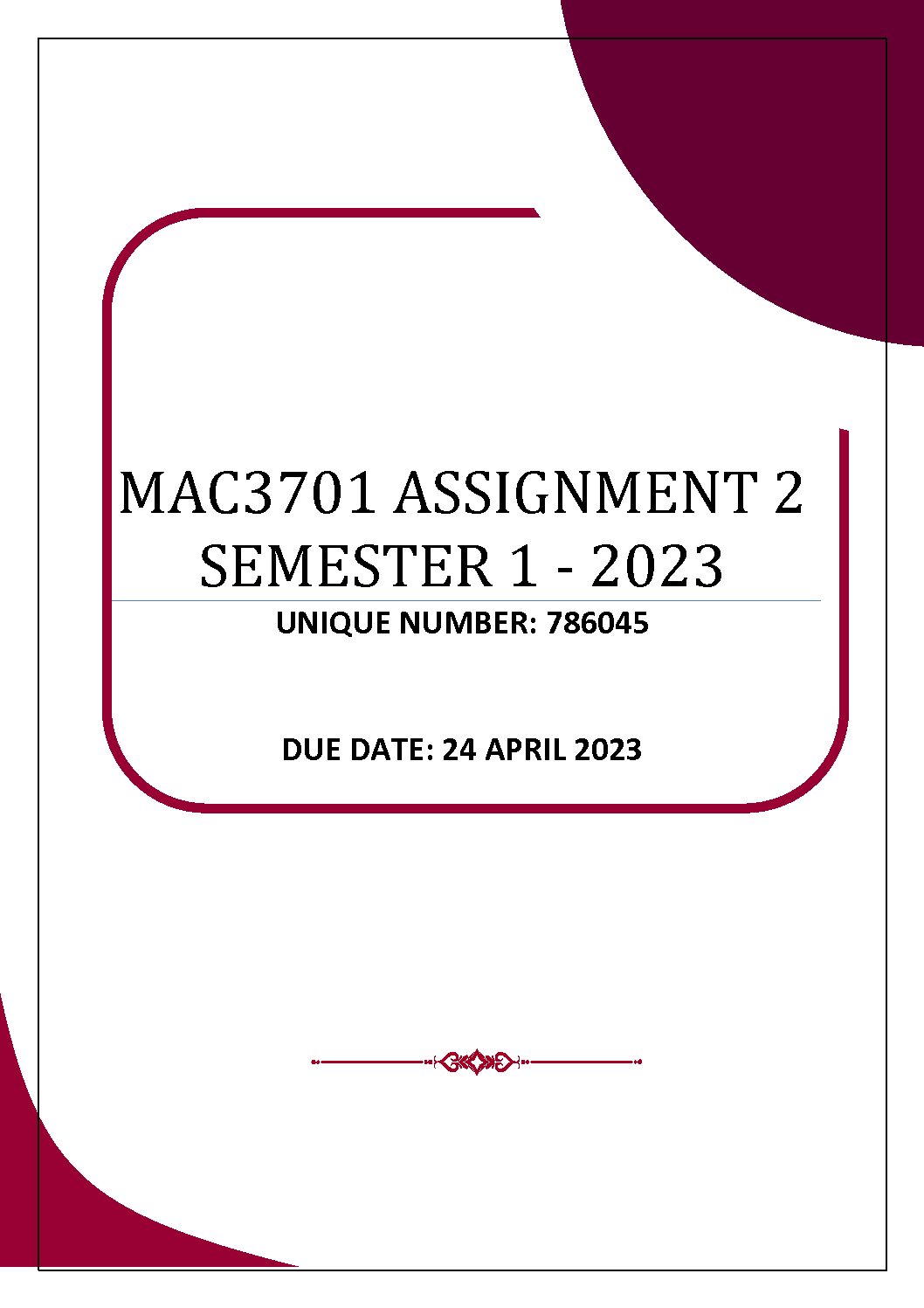

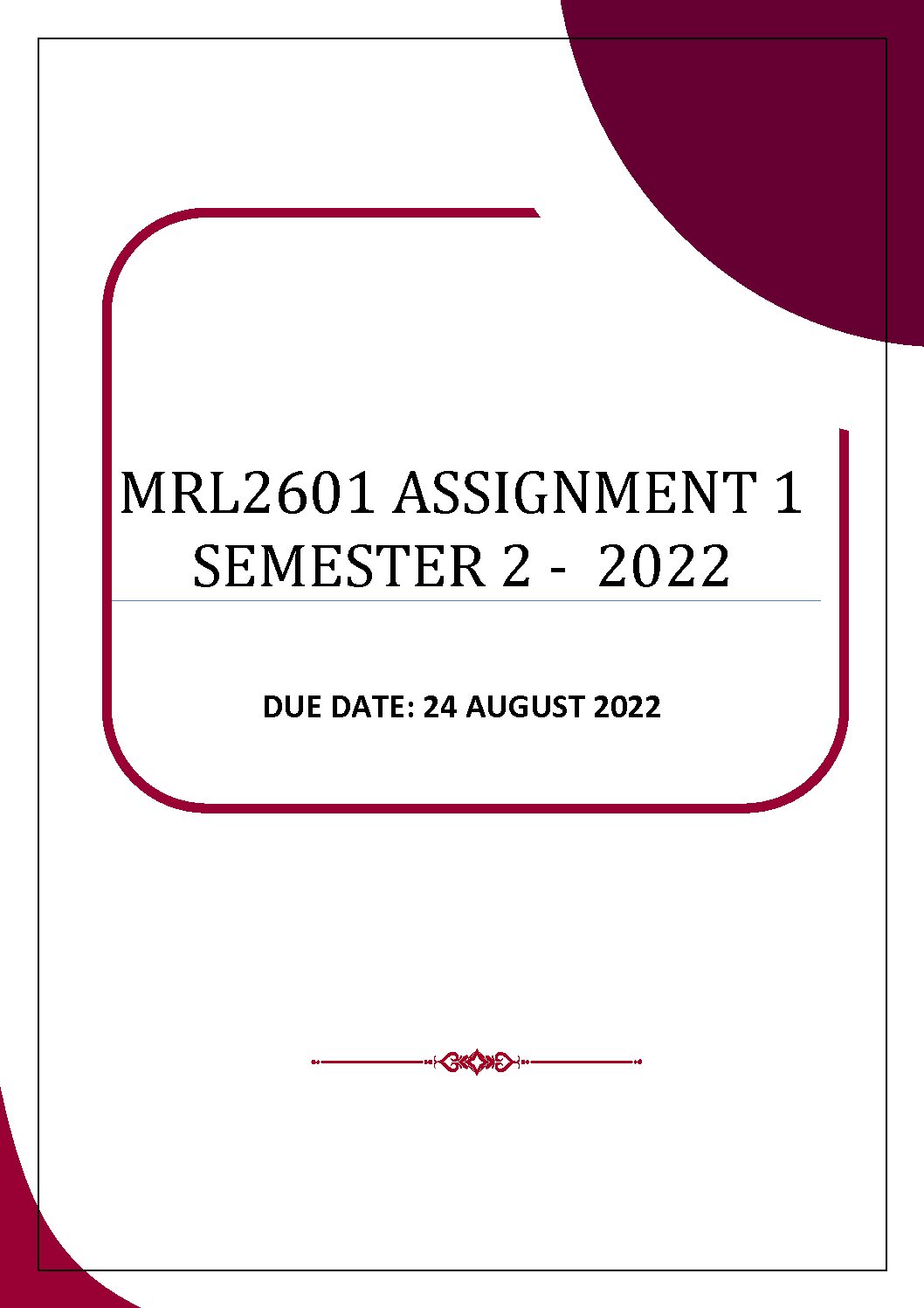


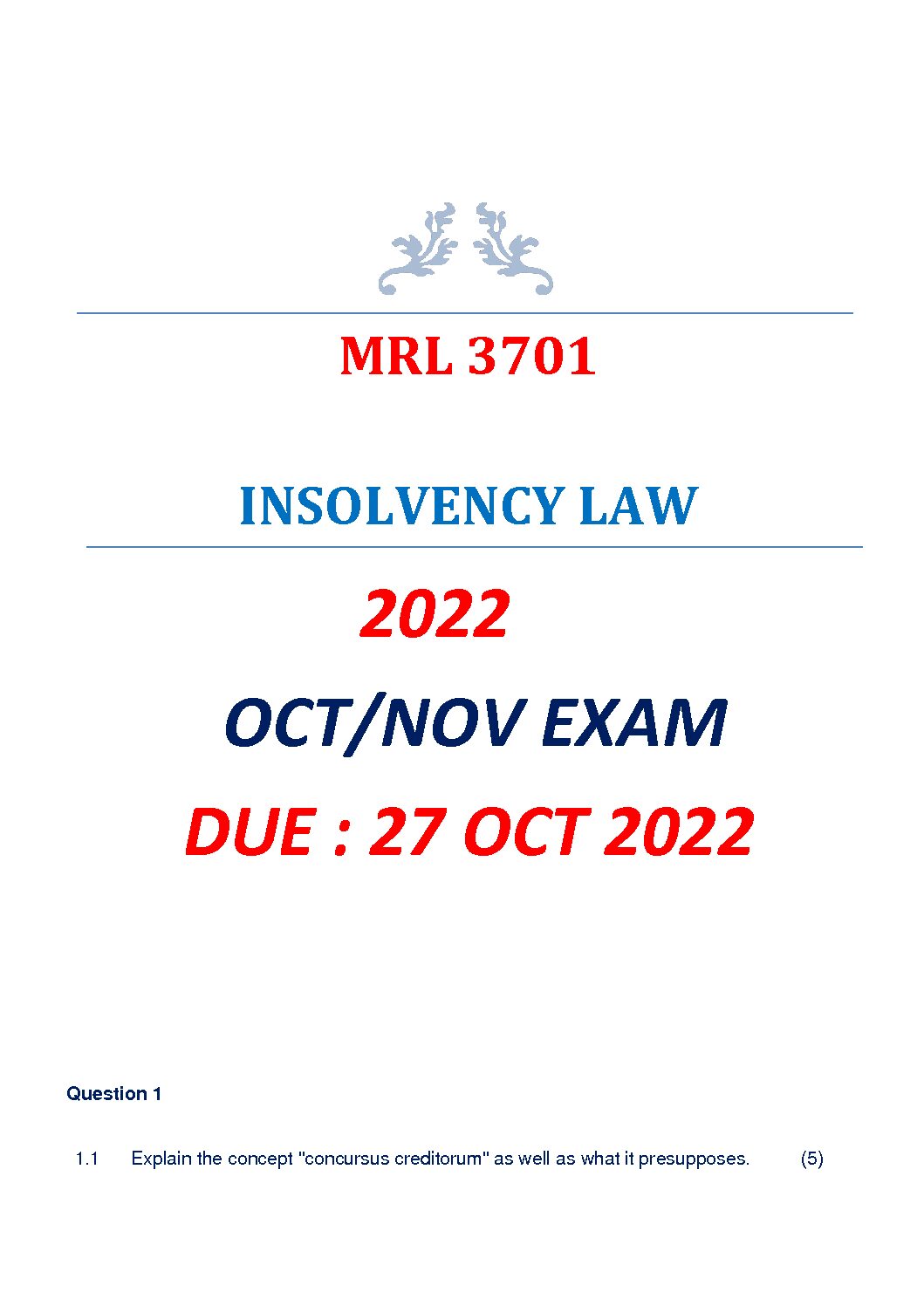
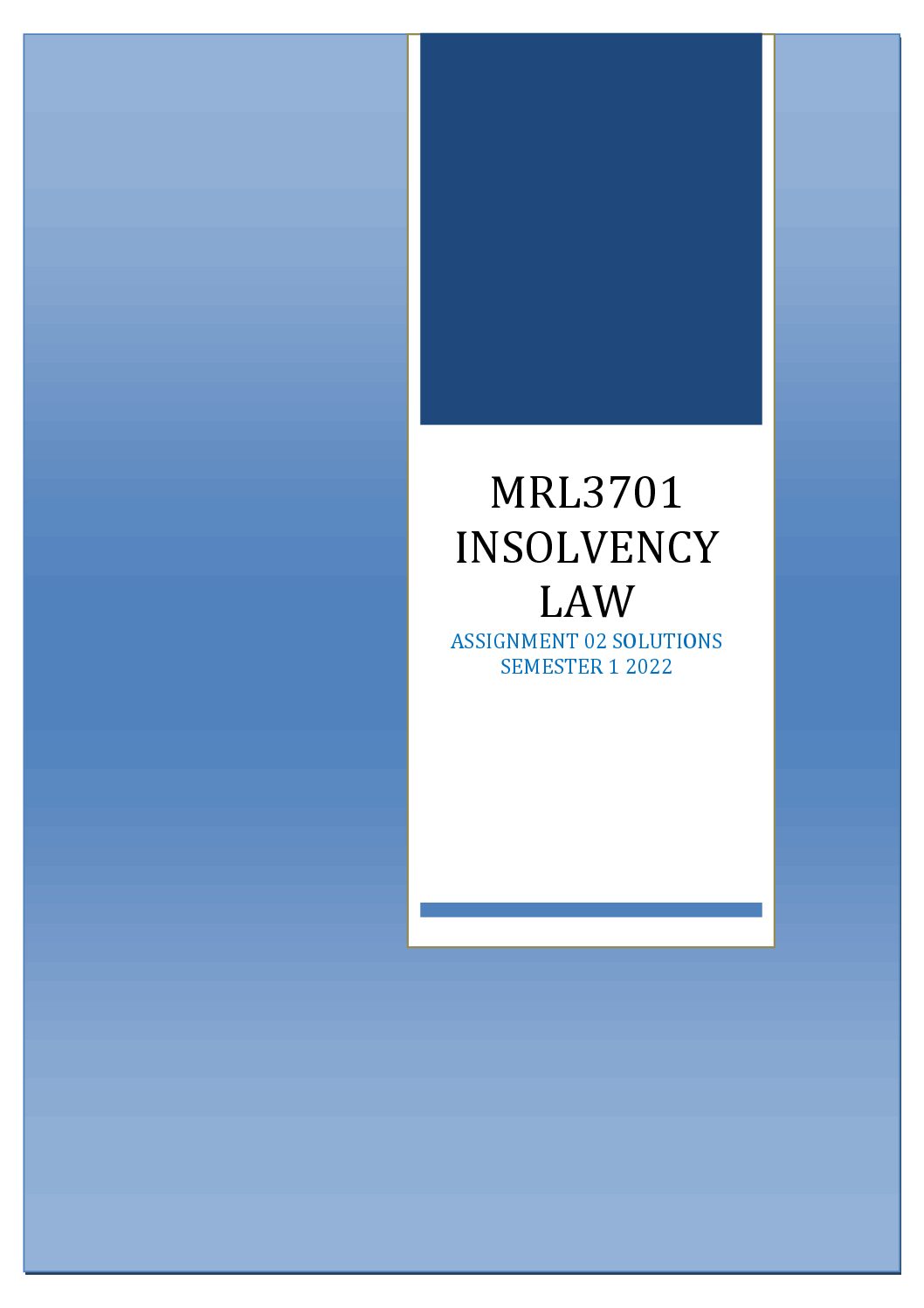
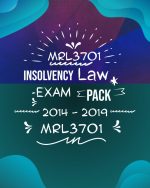
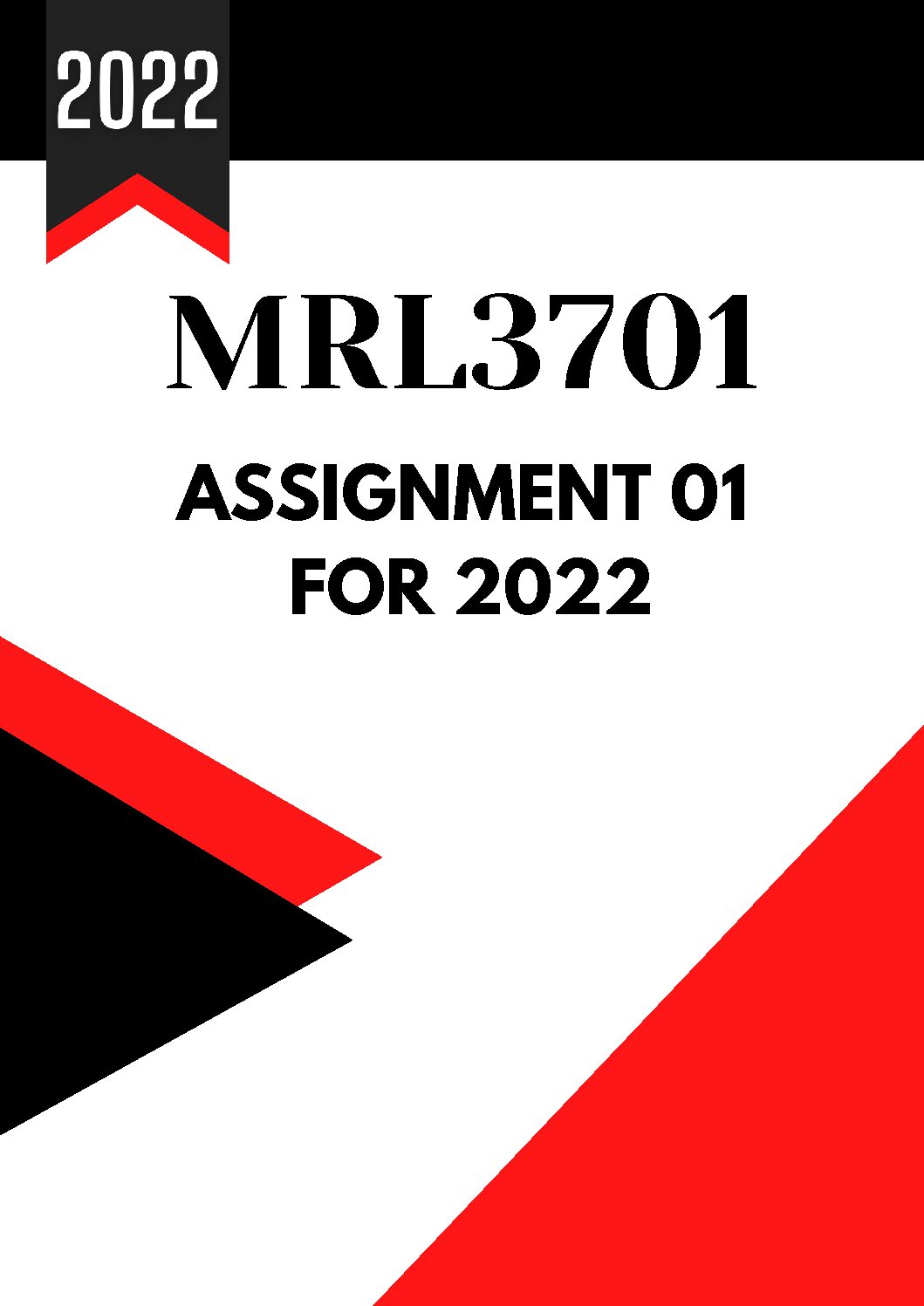
Reviews
There are no reviews yet.